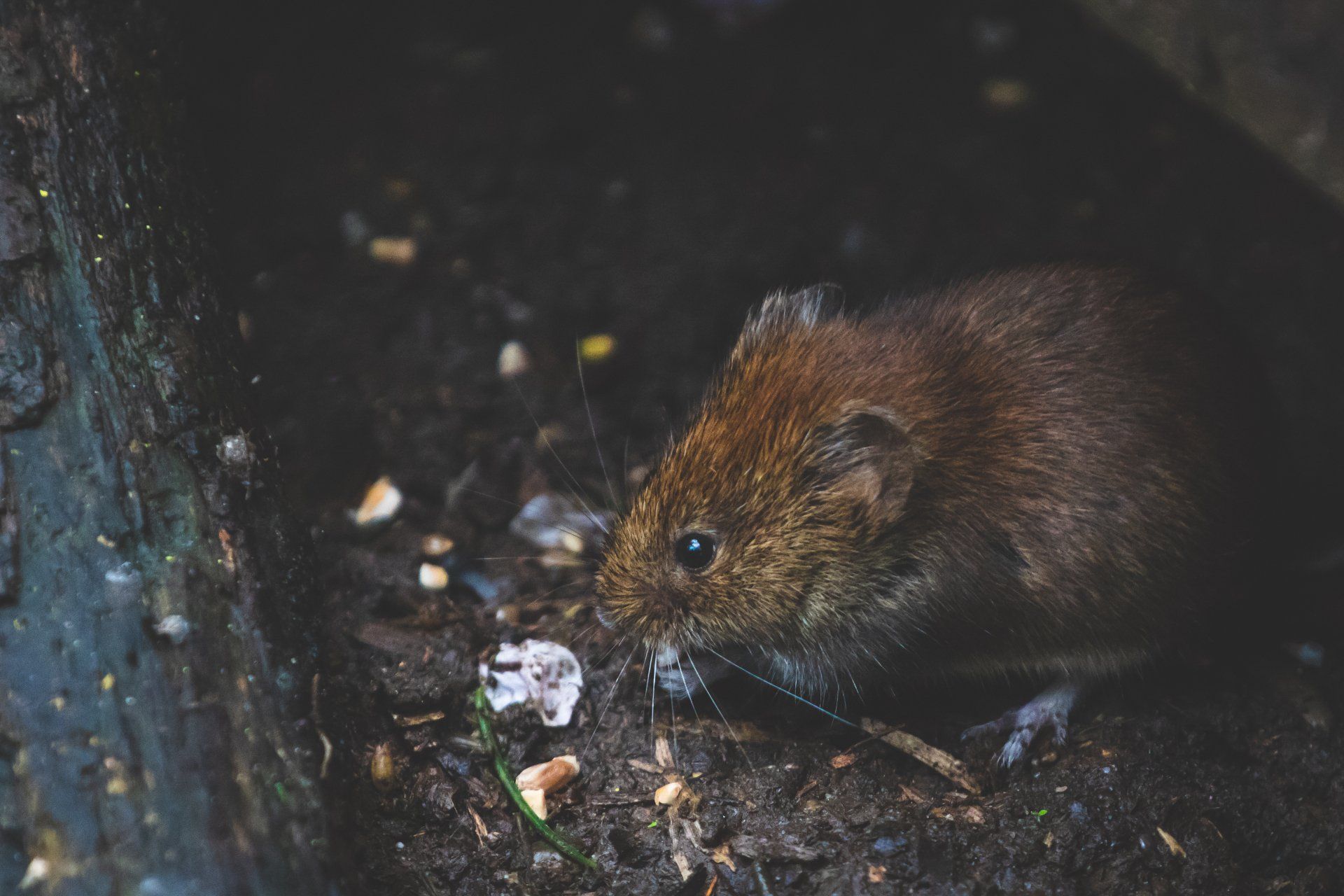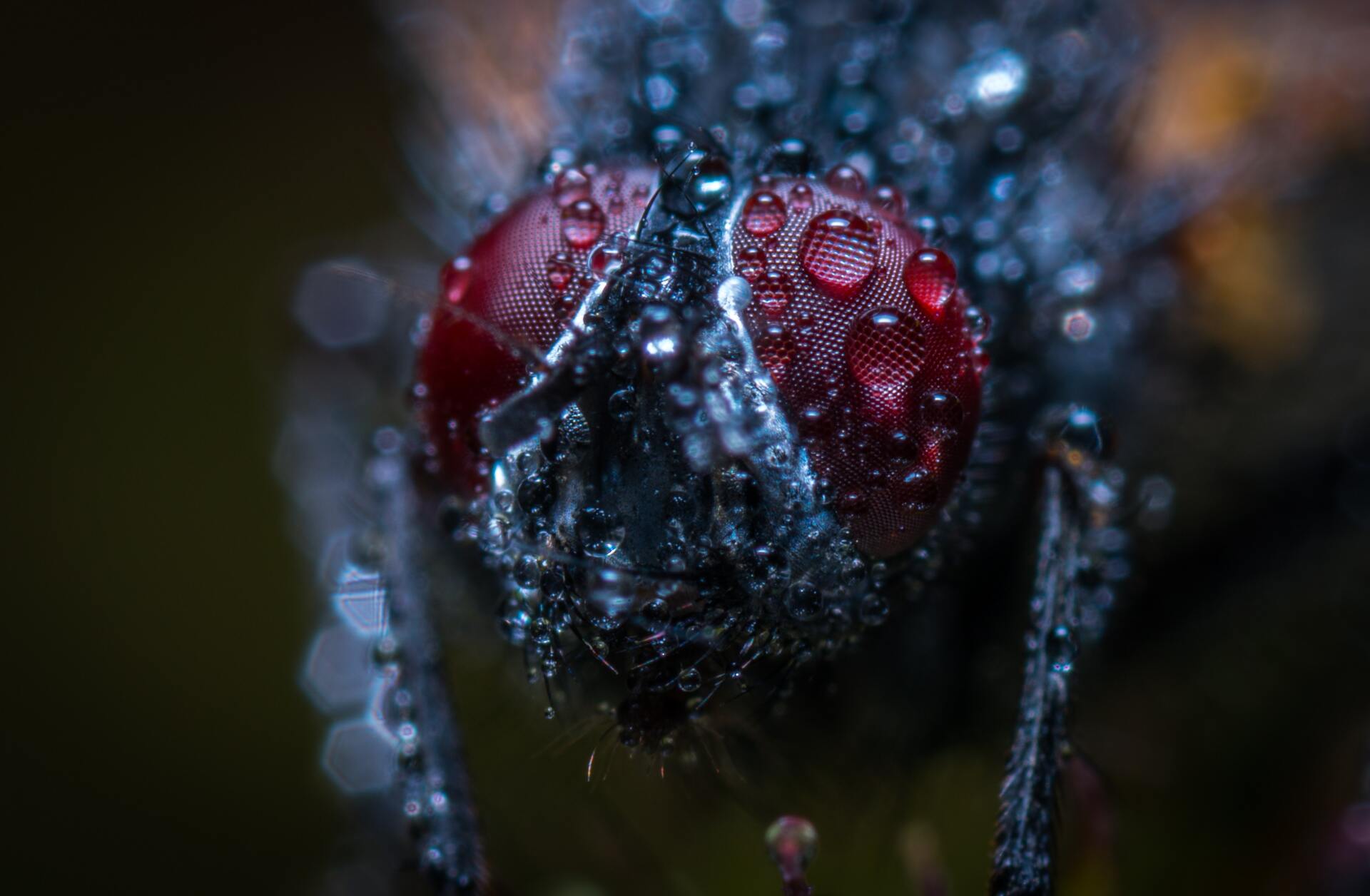How to Prevent a Rodent Infestation This Fall
How to Prevent a Rodent Infestation This Fall

The onset of autumn heralds the arrival of rodents. The rats in the area of your home might determine that it looks very tempting as the weather cools and the leaves start to fall. All three rodents and small mammals have the capacity to invade your attic, scamper through your garage, and tunnel down into your basement. After all, a mouse can squeeze through a quarter-sized crevice!
Once inside, these cunning creatures will settle in and start eating your food, shredding insulation, chewing through electrical cables, gnawing on wooden trim, and more. These crafty animals are capable of destroying your property and maybe exposing your family to a number of illnesses like rat-bite fever, salmonella, Hantavirus, bubonic plague, and rabies.
Infestations of Rodents Can Occur Suddenly
Rodents are procreating quickly and assembling an army to invade your house. Rats can give birth to up to 12 pups every 23 days compared to a squirrel's up to six offspring per year. Mice can produce up to 60 mouse pups in a 90-day breeding cycle, therefore it's critical to eradicate this pest issue now before it gets worse.
Rats, mice, and squirrels are the main three rodent species that invade homes. Although there are many methods for getting rid of these pests, the best one is to keep them from ever entering your home in the first place. An technique to keep unwanted visitors out that is both more effective AND more economical is preventative maintenance.
How to Prevent a Rodent Infestation This Fall
1. Inspect Your Home
Sealing off entry points is the most effective approach to keep pests out of your house. Since mice can squeeze through an aperture that is only 14 inch wide, this can be really difficult job. Look around your home to determine if there are any cracked foundations, damaged sills, or broken windows. In order to keep pests out, these issues must be corrected.
2. Examine Areas Around Pipes, Stoves, and Dryer Vents
All of these places may have openings that rodents could use to enter. If your property has vents near the foundation, you might want to replace the screens with stronger ones to keep pests out.
3. Conceal Your Garbage
It's crucial to check that your trash cans have secure lids, ideally made of metal, and that they are sturdy. At the very least, ensure sure there are no holes in the garbage cans if you must use plastic ones.
4. Keep the Outside of Your Home Clean
Trim the bushes and shrubs around your house so that they are higher off the ground and nothing or anything can hide there. Additionally, avoid creating brush piles in your yard as these are the ideal habitat for insects, and store firewood at least a foot off the ground.
5. Store Your Pet Food Properly
Rats and mice love the taste of pet food, so be sure to store it in a container with a tight lid.
6. Tidy Up Your Garage and Shed
If you enjoy gardening, be sure to put your plant seeds and fertilizer in a sealed container because rats and mice can successfully eat these items. Additionally, avoid keeping firewood in your garage or shed because these spaces could serve as rat and mouse nesting grounds.
7. Get Rid of Overhanging Tree Limbs
Tree limbs that are 8 to 10 feet or closer to your home's roof should be pruned or removed. This stops squirrels from climbing up to your home's roof from tree limbs.
To learn more about how to protect your home, please click the buttons below:
CONTACT
(800)-499-5130
293 Hill Street,
Lyndonville, VT 05851
MAILING ADDRESS
PO Box 1212, Lyndonville VT 05851
BUSINESS HOURS
- Mon - Fri
- -
- Sat - Sun
- Closed


